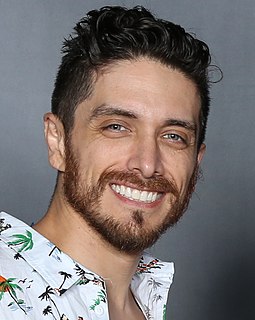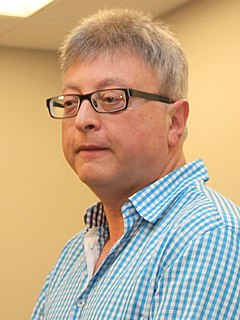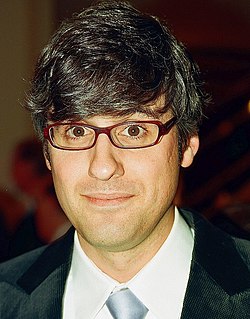A Quote by Ashwin Sanghi
I was passionate about reading from an early age, and I would always be carrying a different book each week.
Related Quotes
In my case, I made the decision early on that I was going to be very open about the book and claim upfront that each of the stories was based on my life experience. I think my reasoning goes back to what I was saying earlier, about wanting the book to be "more than a book," that I wanted the reader to feel a little unsettled about what they were reading: there's a core of factual truth here.
If I were reading a book and happened to strike a wonderful passage I would close the book then and there and go for a walk. I hated the thought of coming to the end of a good book. I would tease it along, delay the inevitable as long as possible, But always, when I hit a great passage, I would stop reading immediately. Out I would go, rain, hail, snow or ice, and chew the cud.
I think every filmmaker makes different choices. I remember in the early days, in some of the early comic book movies, certain white dissolves were used that would try to emulate the look and feel of comic book panel borders. Sometimes they would frame shots in panels or circles that gave it a real comic book feel.
Shakespeare is renewed each time you see it or read it. I've seen 'Midsummer Night's Dream' so many times, and each time it's a little different, or a different line leaps out at me. It's like re-reading a good book over and over, always noticing something you hadn't seen the time before - and that's rare.
It's funny - for a long time, I didn't know I was writing a book. I was writing stories. For me, each story took so long and took so much out of me, that when I finished it, I was like, Oh my gosh, I feel like I've poured everything from myself into this, and then I'd get depressed for a week. And then once I was ready to write a new story, I would want to write about something that was completely different, so I would search for a totally different character with a different set of circumstances.
If you listen to two people who are arguing about something, and they each of them have passionate faith that they're right, but they believe different things---they belong to different religions, different faiths, there is nothing they can do to settle their disagreement short of shooting each other, which is what they very often actually do.
I've always been fascinated by books. When I was young, my grandfather used to hand out a book - which would be anything from a biography to a classic - to me every week and ask me to write a piece on what I thought about it. On the other hand, my mother used to love reading thrillers and bestsellers.
I think if I were reading to a grandchild, I might read Tolstoy's War and Peace. They would learn about Russia, they would learn about history, they would learn about human nature. They would learn about, "Can the individual make a difference or is it great forces?" Tolstoy is always battling with those large issues. Mostly, a whole world would come alive for them through that book.


































